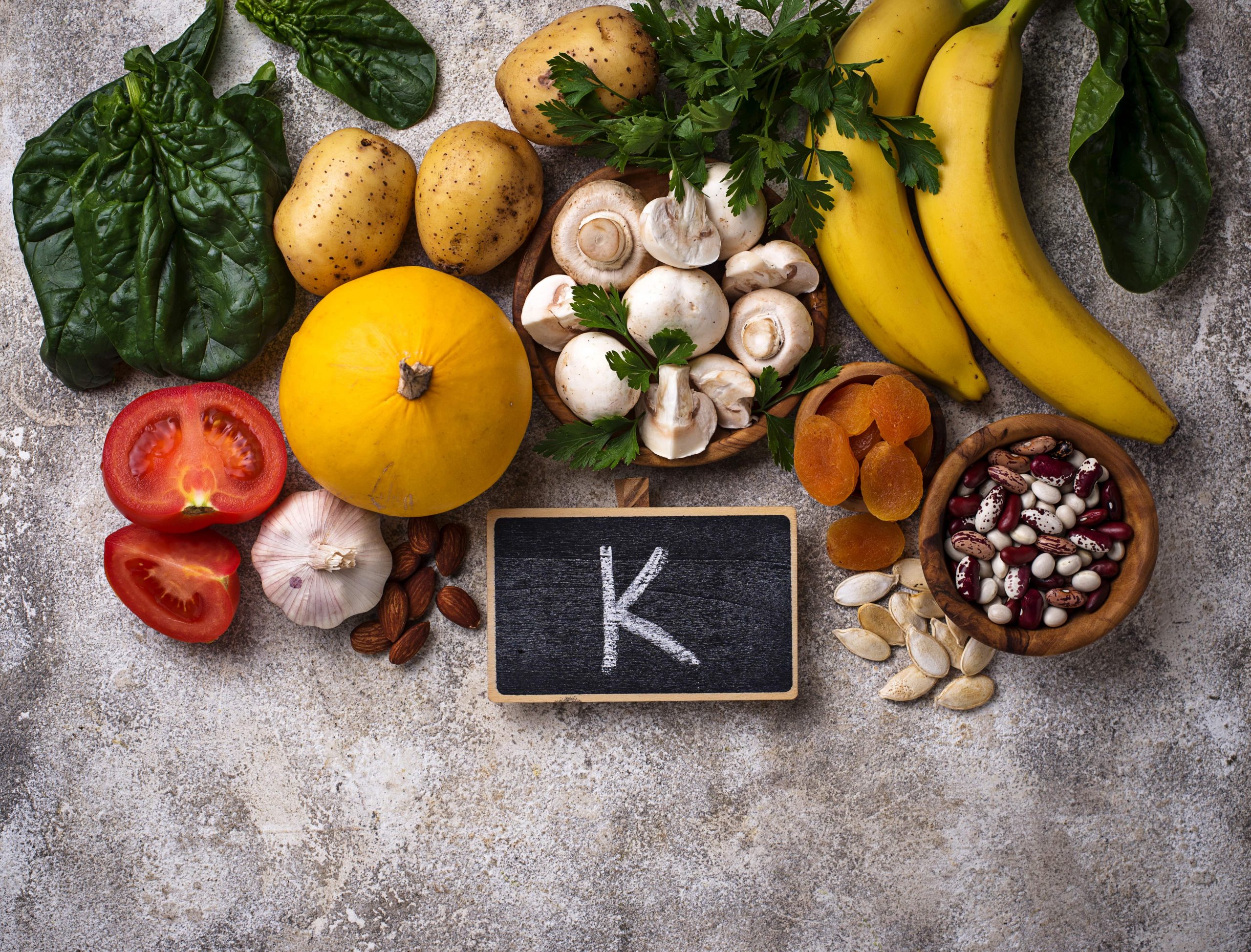You’ve probably heard about potassium, the electrolyte that helps your nerves, muscles, and heart work properly. It’s also known for preventing cramps, lowering your risk of stroke, and even improving bone health. But you might not know that it can also help lower your blood pressure and reduce your risk of heart disease and diabetes.
High blood pressure is one of the leading causes of heart disease and death worldwide. Research shows that a diet high in potassium can help your body manage its sodium levels and lower your blood pressure.
Getting enough potassium from food and supplements is important for most adults, but it’s especially crucial for older people and those with kidney problems. The kidneys help keep normal potassium levels by removing excess amounts from the body through urine, stool and sweat.
A lack of potassium in the blood can lead to a condition called hypokalemia. It’s most common in people with conditions that increase fluid loss, such as vomiting, diarrhea, or certain medications, including diuretics. It can also occur if you have inflammatory bowel disease or cirrhosis of the liver.
Relieves Stroke
Potassium is important for regulating the heart’s rhythm and can lower your stroke risk by reducing inflammation in the brain and arteries that supply blood to the heart. It’s also been shown to reduce the risk of ischemic stroke, which is a type of stroke caused by blood clots in the arteries.
Maintains Healthy Blood Pressure
The American Heart Association recommends that you get the recommended amount of potassium each day from a variety of foods, including fruits and vegetables. You can get potassium from dairy, fish, nuts, and seeds.
Relieves Stress and Anxiety
Potassium helps your body regulate hormones that cause anxiety and stress, including cortisol and adrenaline. It also helps improve your energy levels and metabolism.
Enhances Muscle Strength and Performance
Athletes need high-potassium diets to prevent cramps and promote muscle strength, which can make it easier to complete workouts. It can also prevent muscle weakness and aches that may be a side effect of dehydration or other causes.
Boosts Bone Mineral Density
Researchers have found that eating more potassium-rich fruits and vegetables is associated with a lower risk of developing bone diseases. The nutrient helps prevent osteoporosis, a disease that weakens bones and increases the risk of fractures.
It can also help with bone growth and repair in children and adolescents.
Boosts Memory and Aging
Researchers have found that consuming higher amounts of potassium may improve mental function in elderly people, resulting in a better quality of life. It also has been linked to a lower risk of dementia and Alzheimer’s disease.
Increasing potassium intake can also reduce your risk of developing diabetes and hypertension (high blood pressure). In fact, people with low potassium levels are at greater risk of both of these health conditions.
Fortunately, it’s easy to meet your daily potassium needs by adding a variety of fresh produce to your meals. Some foods are naturally rich in potassium, while others are enhanced with added minerals to make them more palatable and digestible.

